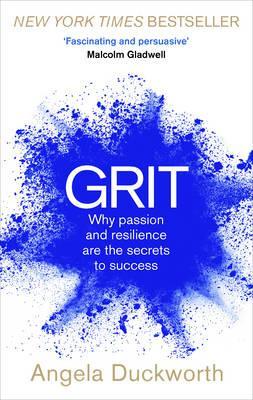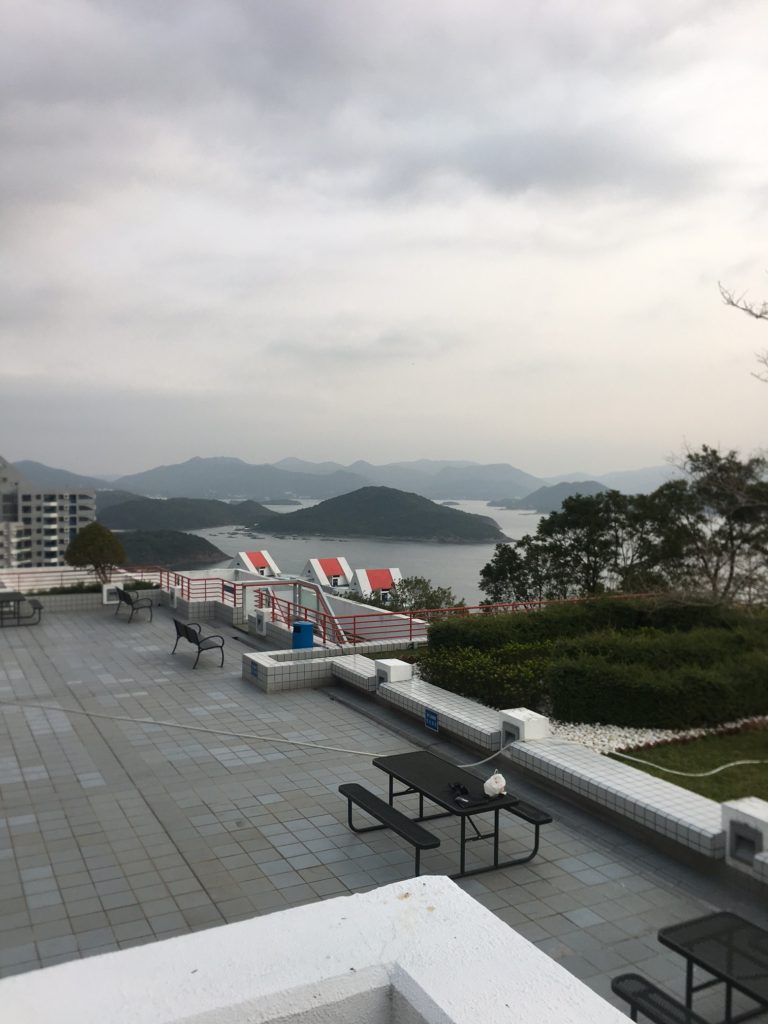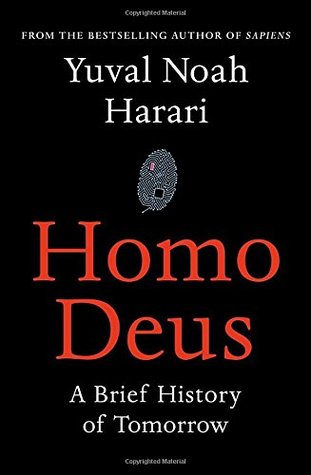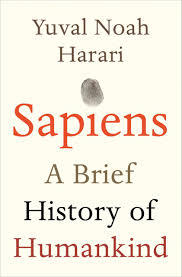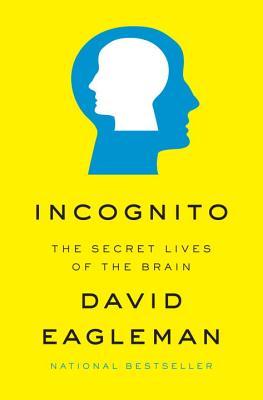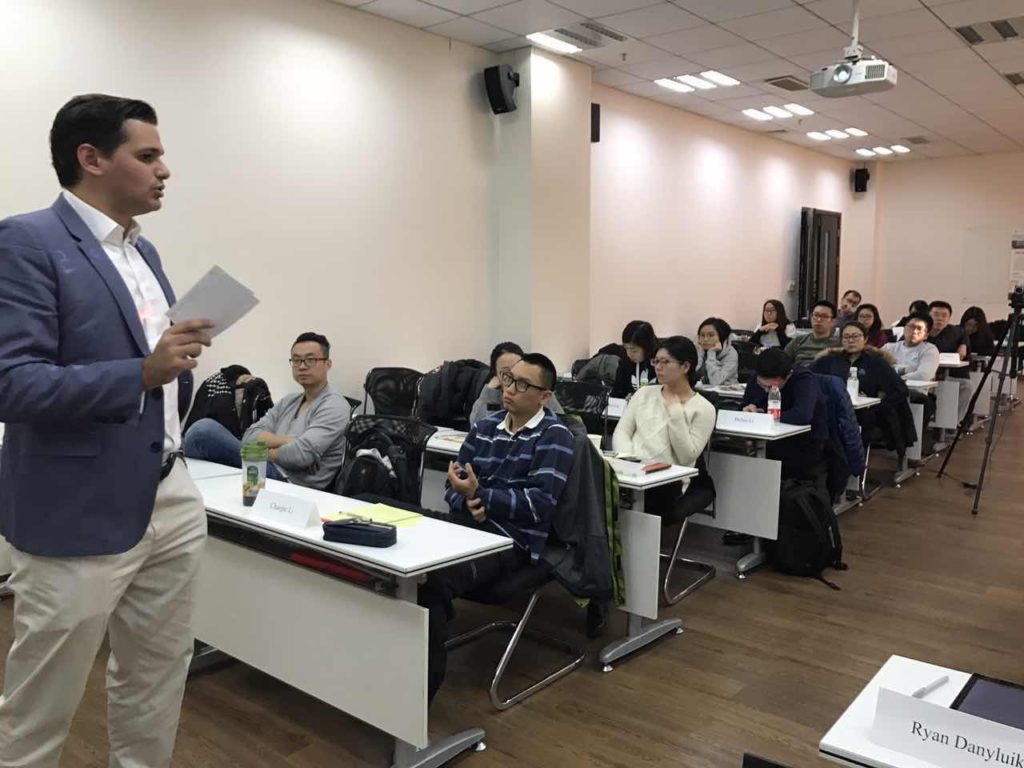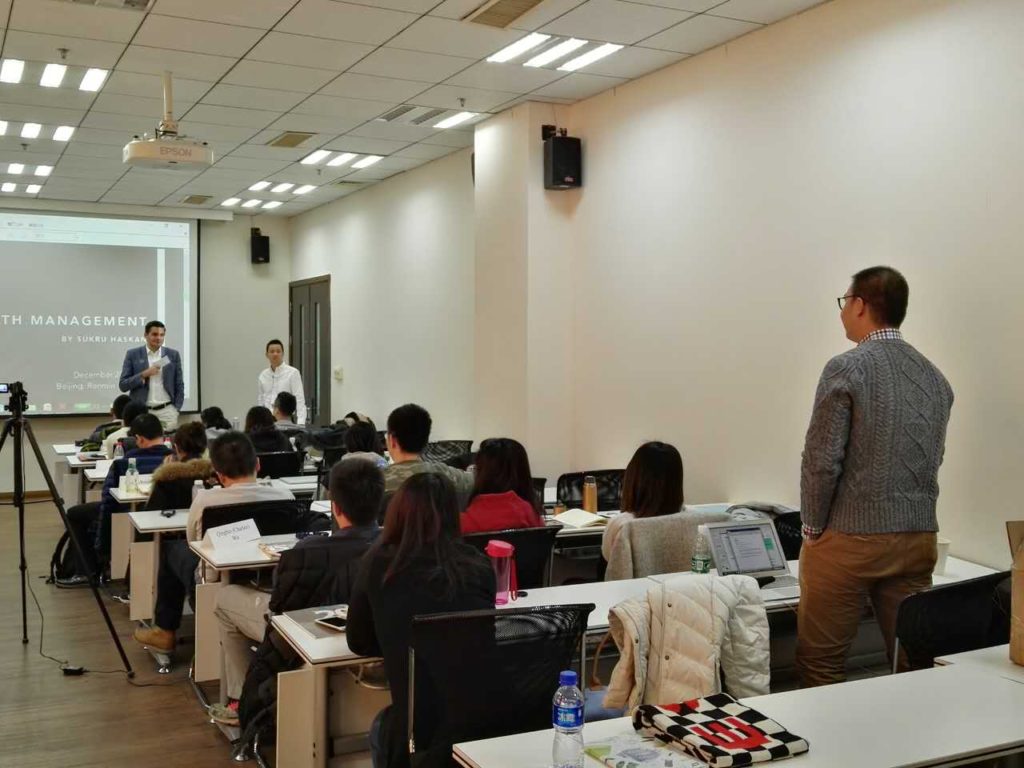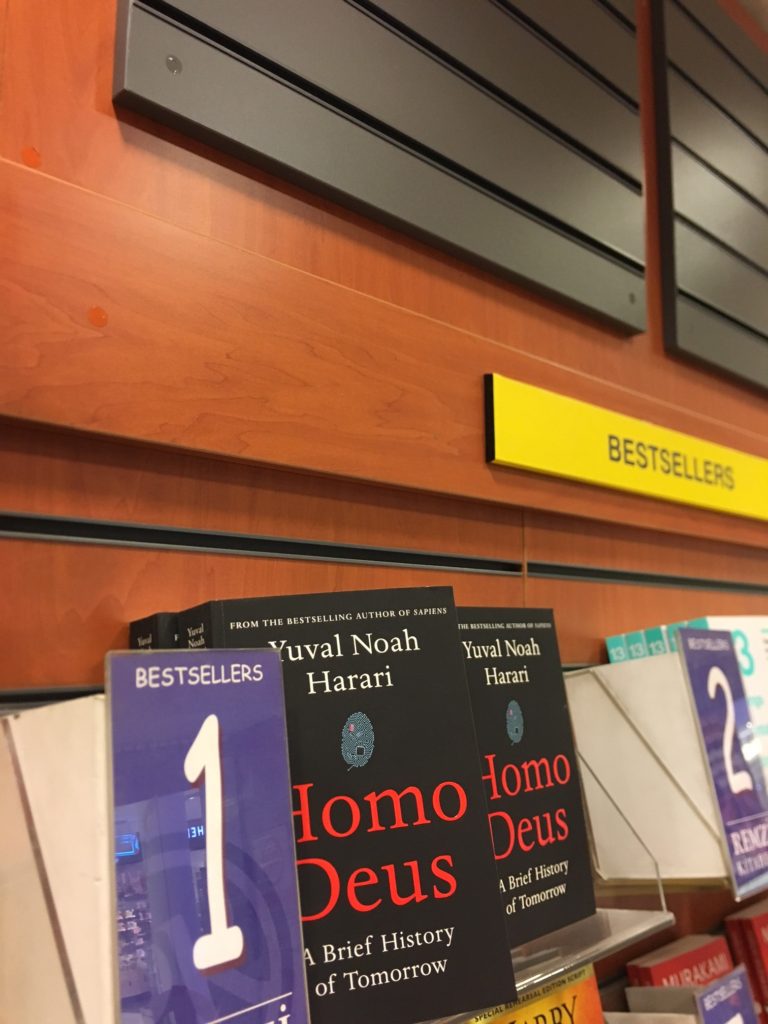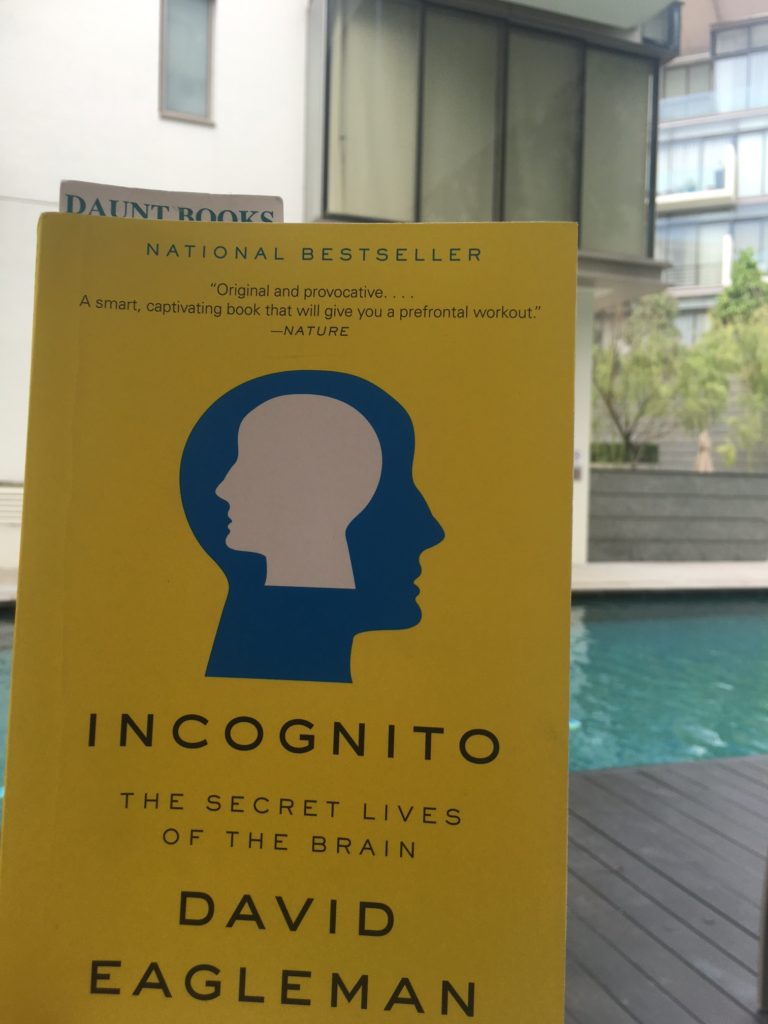I would like to thank the many of you that suggested your book recommendations to establish my reading list for 2018. I am compiling all the emails right now and I will choose my 52 books from among them and publish the list in my blog during the next couple of weeks.
Recently, I have not been feeling well due to an allergic reaction that caused hives on my body and I had some days off sick, which enabled me to do a lot of thinking.
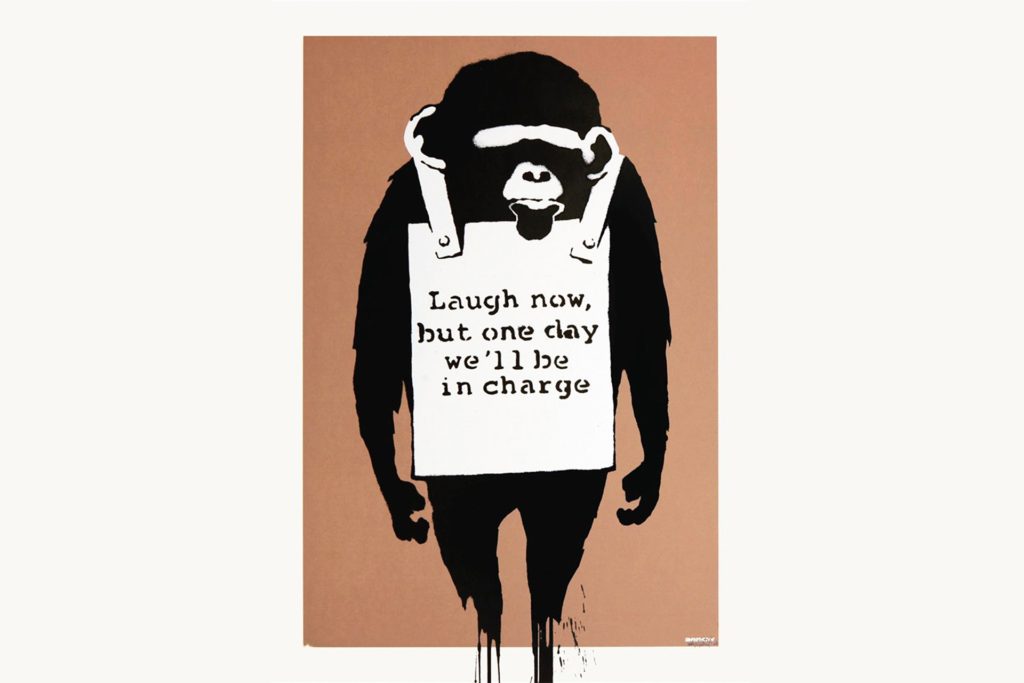
What is the most common valuable asset that we all have?
Many may say wealth, health or family, but actually it is time! Your allocation of time determines the importance of the rest.
All of us have some sort of time on this planet to accomplish our ambitions and desires. But it is not unlimited. It is like a ticking time bomb that will explode at some point.
We can use time to acquire or establish many things: wealth, family, business, etc. It all depends on the basis of our very personal choices!
Are these choices really our personal choices or are we manipulated to follow these choices?
Again it depends on how much you are aware of your surroundings and decisions. Many factors today are trying to control us. For instance, software/app designers are working very hard to steal our attention to spend as much time as possible on social media. Businesses try to make us as busy as possible so that we are unable to think, and do not live in the present time, but in the future, in the hope of distracting us. After applying all their attention to capturing new techniques, they also humbly (!) advise us to live in the present time by applying mindfulness.
What an irony!
TV ads and newspapers try to channel us to think in a standardized way!
As a result of all this, many people start going on a social media diet by deleting the most commonly used applications from their phones to make sure that their attention is channelled towards more useful resources, but most importantly to the resources that one really wants to give one’s attention to.
We have to take control of our time and make our own independent decisions.
After all, does wealth make you rich anymore?
What about time?
All the best from Singapore.
Sukru Haskan
Twitter: @sukru_haskan


